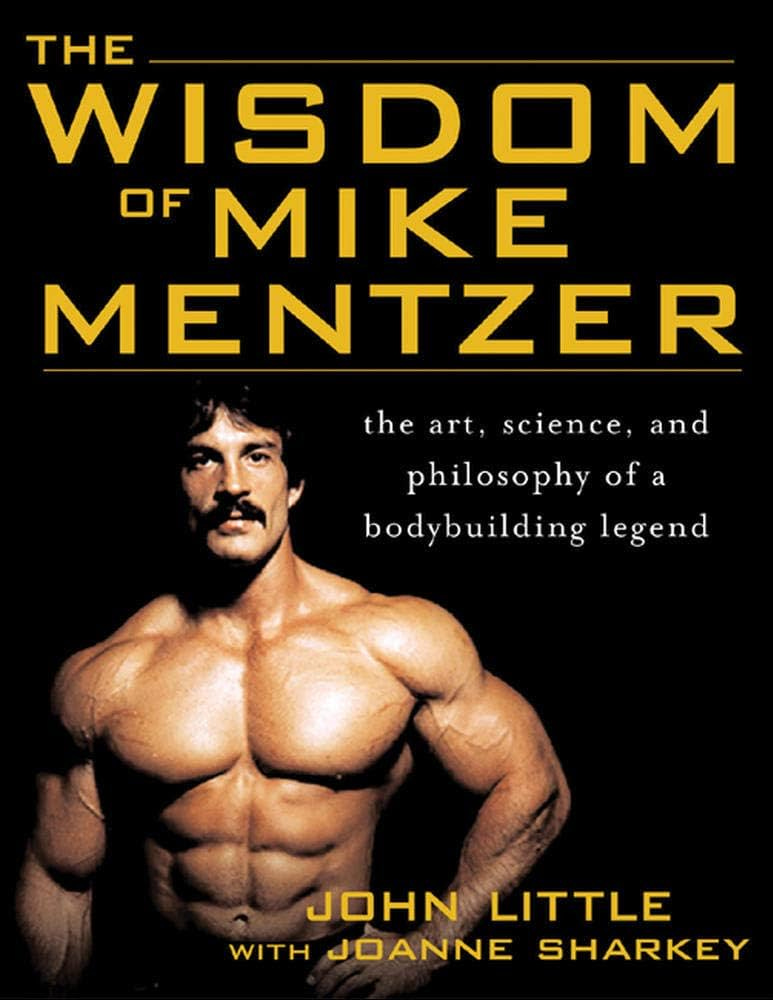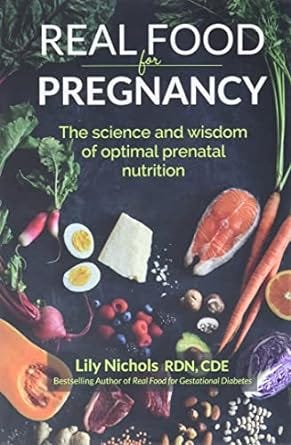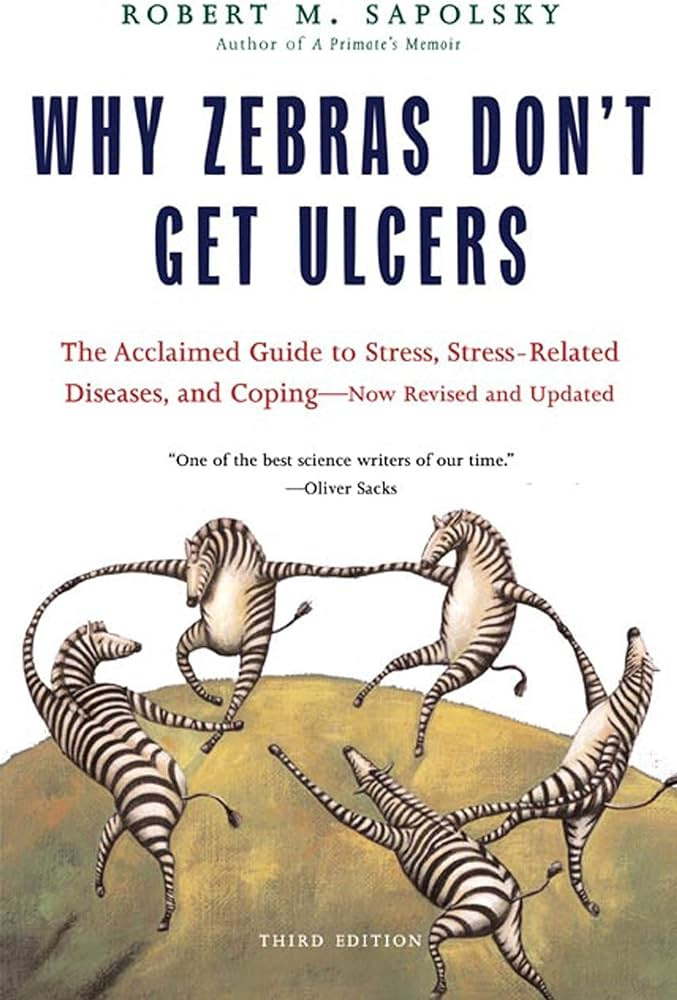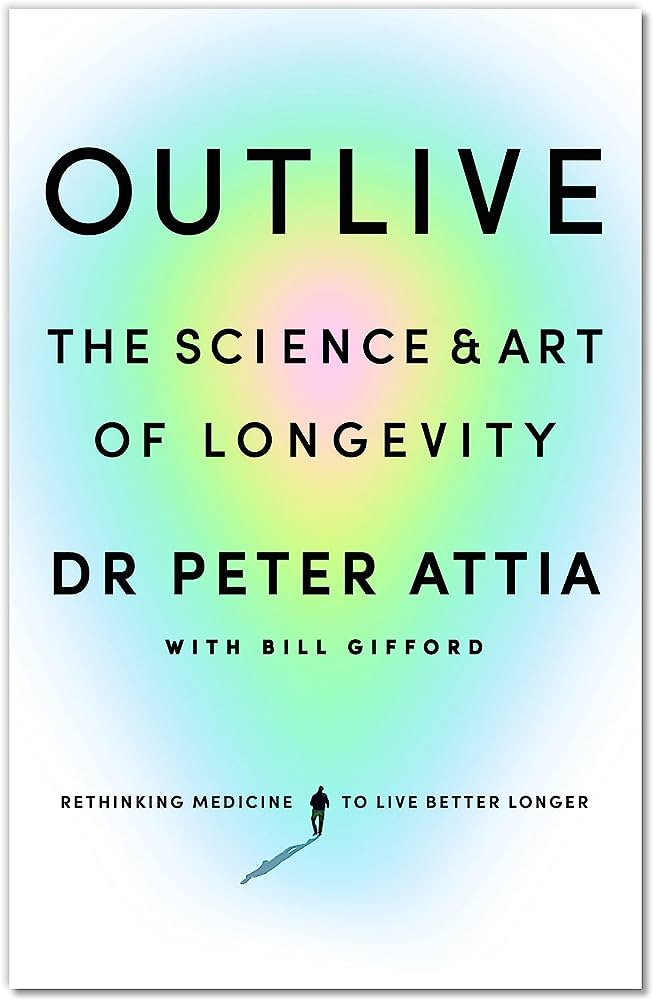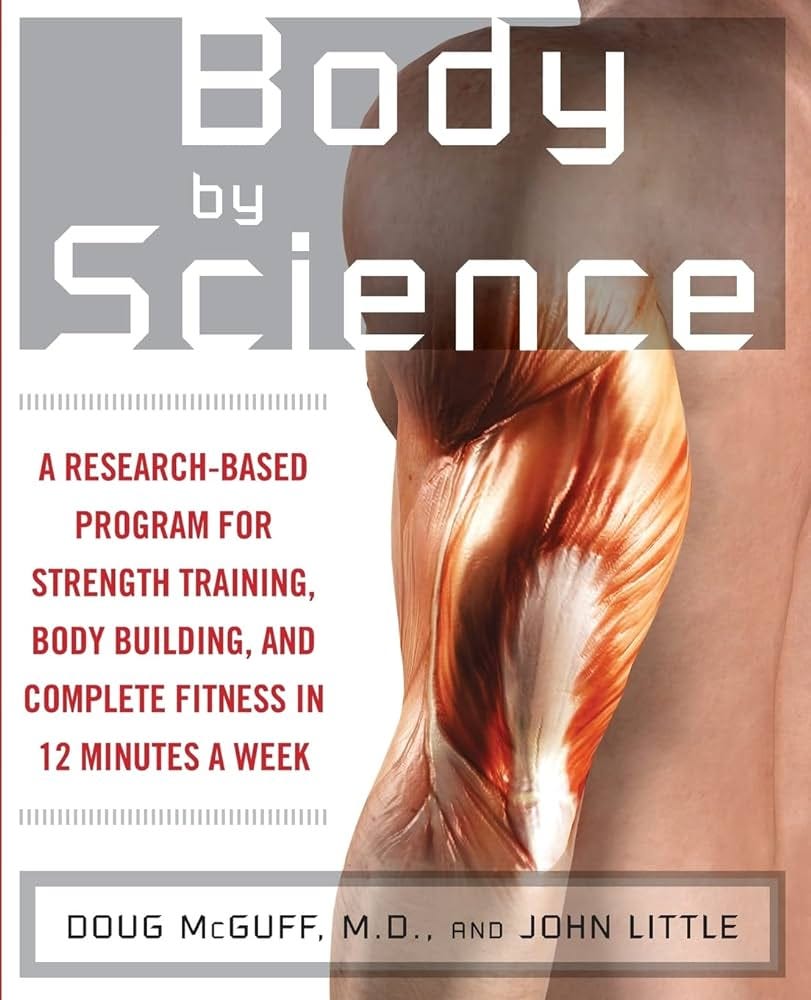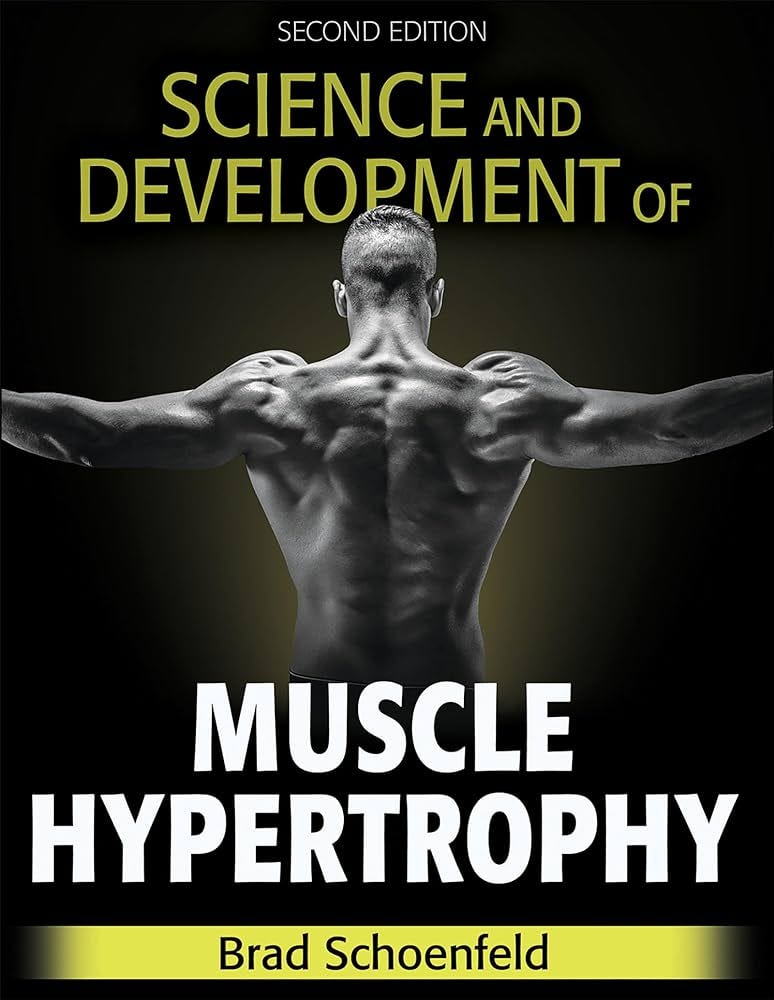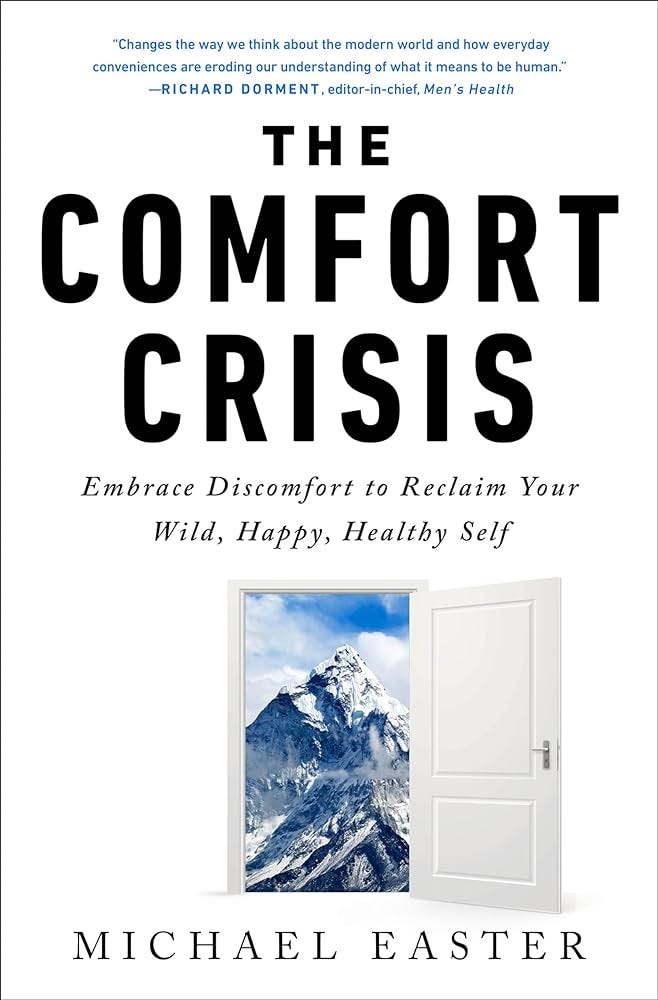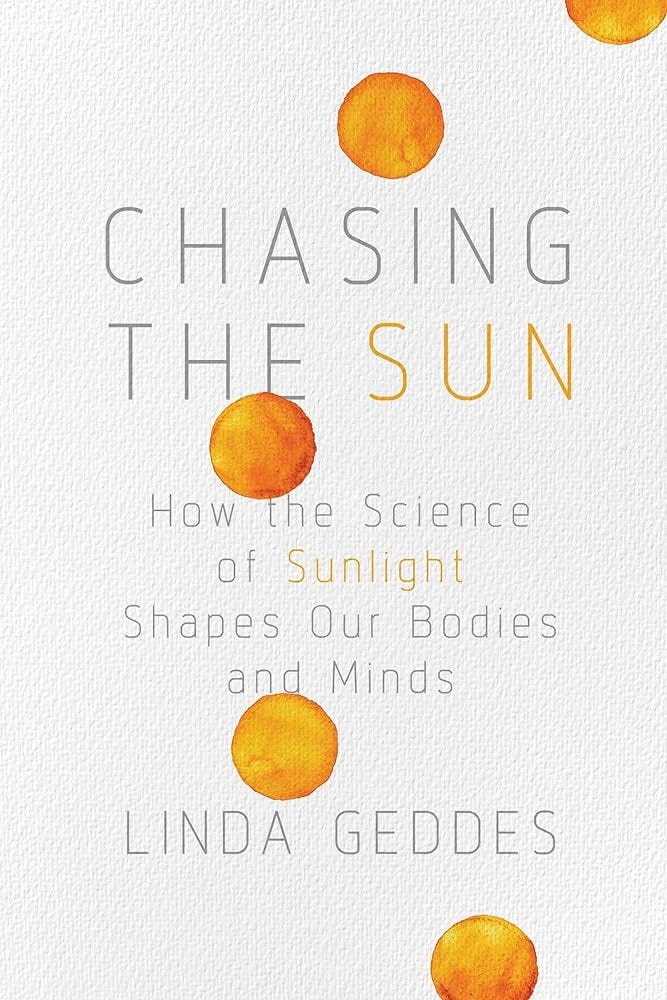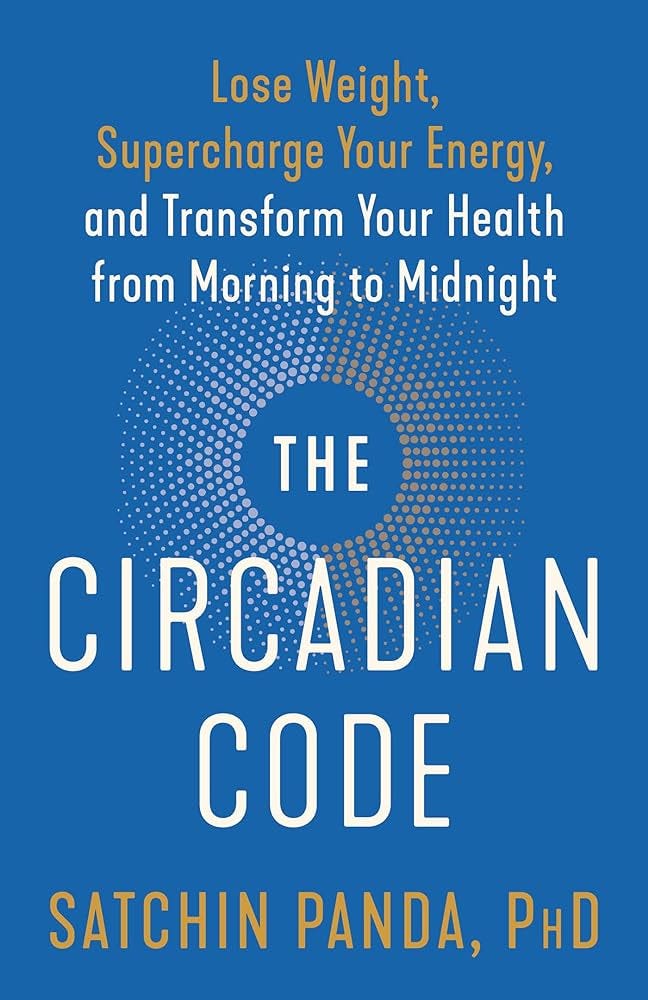BowTiedPhys Basic Reading Stack
Bangers only (& a couple deep cuts)
A common question in this space: “There’s just so much - where do I start?”
Regardless of what space you reside in, the advancement of knowledge is paved by the path of reading & further reinforcing those newly learned concepts with consistent action. Over the past decade, I’ve read dozens of books & thousands of research papers, but I’m going to give my recommendation for what I believe to be the most valuable set of resources available. My goal of this list is to address the major elements of any health framework: exercise, sleep, circadian rhythm, light, stress, & nutrition.
Each one of the below books provides straightforward, easy-to-implement protocols backed by evidence to either continue your learning path or get started this year.
1) Good Energy by Dr. Casey Means
“We are amid a modern health crisis. The good news is that our system can be fixed, and the crisis can end. Just 120 years ago, starvation, malnutrition, and early death were the norm. Tuberculosis and pneumonia were leading causes of death. Life expectancy in the United States was around age forty-seven. Back then, 30 percent of all U.S. deaths occurred in children under five years of age, compared to just 1.4 percent in 1999. If you transported someone living in those times to the present day, they’d be in utter shock as they tried to process society’s advancements.”
2) The Wisdom of Mike Mentzer by John Little
“Mike believed he had to grow in all areas of his humanity. He studied philosophy to better determine truth from falsehood, he studied art to understand both its meaning and purpose, he studied psychology to better learn the workings of the mind, he studied logic to learn the rules of correct thought, he studied the sciences to understand the workings of human physiology and how best to strengthen his body, he studied business to learn how to earn a living by working not for others but for himself and on his own terms, and he studied communication to better express to others the knowledge he had obtained.”
3) Real Food for Pregnancy by Lily Nichols
“Nutrients work synergistically. Nature is not stupid. And a supplement is rarely superior to what’s available in real, whole foods.”
4) Why Zebras Don’t Get Ulcers by Robert Sapolsky
“If you are that zebra running for your life, or that lion sprinting for your meal, your body’s physiological response mechanisms are superbly adapted for dealing with such short-term physical emergencies. For the vast majority of beasts on this planet, stress is about a short-term crisis, after which it’s either over with or you’re over with. When we sit around and worry about stressful things, we turn on the same physiological responses—but they are potentially a disaster when provoked chronically. A large body of evidence suggests that stress-related disease emerges, predominantly, out of the fact that we so often activate a physiological system that has evolved for responding to acute physical emergencies, but we turn it on for months on end, worrying about mortgages, relationships, and promotions.”
5) Outlive by Dr. Peter Attia
"Longevity itself, and healthspan in particular, doesn’t really fit into the business model of our current healthcare system. There are few insurance reimbursement codes for most of the largely preventive interventions that I believe are necessary to extend lifespan and healthspan. Health insurance companies won’t pay a doctor very much to tell a patient to change the way he eats, or to monitor his blood glucose levels in order to help prevent him from developing type 2 diabetes. Yet insurance will pay for this same patient’s (very expensive) insulin after he has been diagnosed. Similarly, there’s no billing code for putting a patient on a comprehensive exercise program designed to maintain her muscle mass and sense of balance while building her resistance to injury. But if she falls and breaks her hip, then her surgery and physical therapy will be covered. Nearly all the money flows to treatment rather than prevention—and when I say “prevention,” I mean prevention of human suffering.”
6) Breath by James Nestor
“The perfect breath is this: Breathe in for about 5.5 seconds, then exhale for 5.5 seconds. That’s 5.5 breaths a minute for a total of about 5.5 liters of air.”
7) Why We Sleep by Matthew Walker
“After thirty years of intensive research, we can now answer many of the questions posed earlier. The recycle rate of a human being is around sixteen hours. After sixteen hours of being awake, the brain begins to fail. Humans need more than seven hours of sleep each night to maintain cognitive performance. After ten days of just seven hours of sleep, the brain is as dysfunctional as it would be after going without sleep for twenty-four hours. Three full nights of recovery sleep (i.e., more nights than a weekend) are insufficient to restore performance back to normal levels after a week of short sleeping. Finally, the human mind cannot accurately sense how sleep-deprived it is when sleep-deprived.”
8) Body by Science by John Little
“Your muscles deal only with force-production requirements, determined by the resistance to which the muscles are exposed—whether that resistance comes in the form of a free weight, a Nautilus machine, or a bucket of rocks. The scientific literature backs this up: according to the few properly performed studies that measured the effects of free weights versus machines, both are equally effective.”
9) Science & Development of Muscle Hypertrophy by Brad Schoenfeld
“Training across a wide spectrum of repetition ranges (1 to 20+) is recommended to ensure the complete development of the whole muscle. There is merit to focusing on a medium-repetition range (6- to 12RM) and devoting specific training cycles to lower- and higher-repetition training.”
10) The Comfort Crisis by Michael Easter
“Scientists are finding that certain discomforts protect us from physical and psychological problems like obesity, heart disease, cancers, diabetes, depression, and anxiety, and even more fundamental issues like feeling a lack of meaning and purpose.”
11) Chasing the Sun by Linda Geddes
“Being out in the sun, we are starting to understand, can lower blood pressure, calm our immune system and even alter our mood. Even without such knowledge, most of us are instinctively drawn to sunlight because sitting in it just feels so great, and there may be a reason for that: when the sunlight hits our skin, our bodies release endorphins, the same 'feel good' hormones that produce a runner's high.”
12) The Circadian Code by Satchin Panda
“Our modern lifestyle, in which we spend most of our time indoors looking at bright screens and turn on bright lights at night, activates melanopsin at the wrong times of day and night, which then disrupts our circadian rhythms and reduces the production of the sleep hormone melatonin; as a result, we cannot get restorative sleep. When we wake up the next day and spend most of the day indoors, the dim indoor light cannot fully activate melanopsin, which means that we cannot align our circadian clock to the day-night cycle, making us feel sleepy and less alert. After a few days or weeks, we get into depression and anxiety.”
By prioritizing these reads & taking note of the key aspects you’re looking to implement, I have no doubt you’ll be in the top 1% of health knowledge in the world.
In the near future, I’ll be posting a more comprehensive categorized list. Stay toon’d.
Until next time,
BTP




